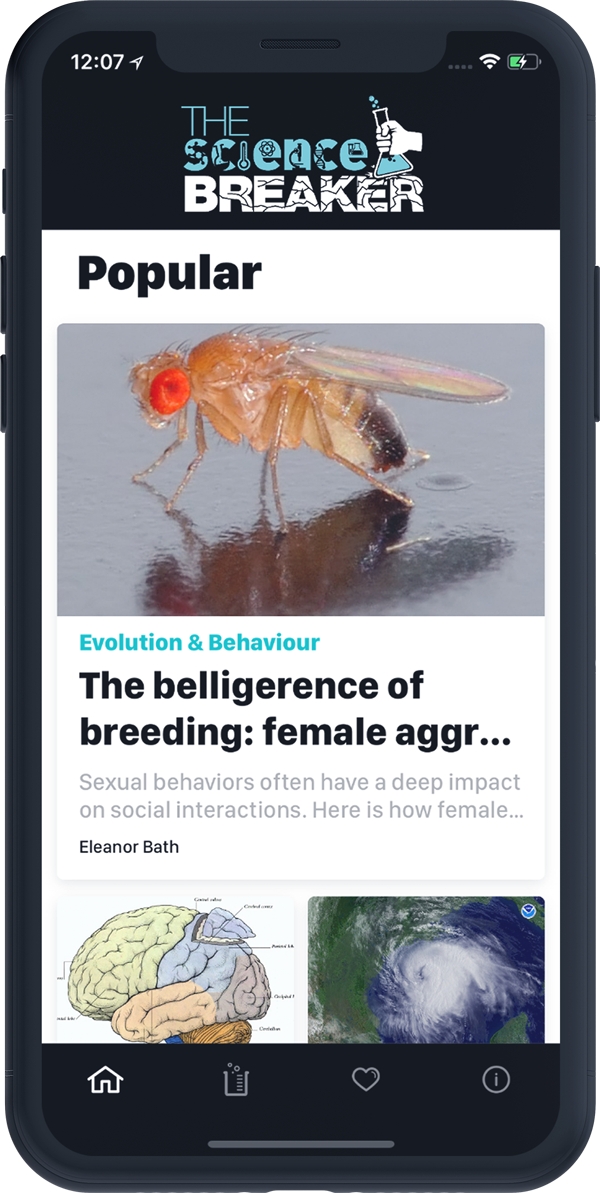
Editorial Mission
As Online, Open Access, and Outreach Journal, we promote the democratization of scientific literature to foster dialogues and interest over the most recent scientific advances. Discover our mission.
Journal content
We publish short lay-summaries ("breaks") of scientific research. Our authors are scientists involved in the field of the summarized research. Our readers are academics and laypeople likewise. Learn more.
Latest
Obesity increases cancer risk, yet obese patients often respond better to cancer immunotherapy. In our study, we uncovered why: high estrogen levels, especially in obese men, boost the immune response triggered by immunotherapy. This reveals a key role for estrogens in improving treatment effectiveness.
Size does not matter: direct estimations of mutation rates in baleen whales
Jan 29, 2025 | 4 min read by Marcos Suárez-MenéndezDiscovery of the first radiation belt beyond the Solar System
Jan 27, 2025 | 3.5 min read by Juan Bautista Climent OliverThe Claws and the Spear: New Evidence of Neanderthal-Cave Lion Interactions
Jan 22, 2025 | 3.5 min read by Gabriele RussoHighlights
Making nature compute for us
Jan 27, 2023 in Maths, Physics & Chemistry | 4 min read by Martin M. SteinPlant genetic engineering makes treasure from trash
Feb 27, 2023 in Plant Biology | 3.5 min read by Dennis Kleinschmidt , Joachim FornerOrb-weaving spiders can hear using their web
Feb 10, 2023 in Evolution & Behaviour | 4 min read by Jian Zhou , Junpeng Lai , Ronald Hoy , Ronald MilesSubjects
Popular topics
Trending now
How obesity can improve the efficacy of cancer treatment: role of the sex hormone estrogens.
Obesity increases cancer risk, yet obese patients often respond better to cancer immunotherapy. In our study, we uncovered why: high estrogen levels, especially in obese men, boost the immune response triggered by immunotherapy. This reveals a key role for estrogens in improving treatment effectiveness.
Dec 3, 2025 | 3.5 min read







